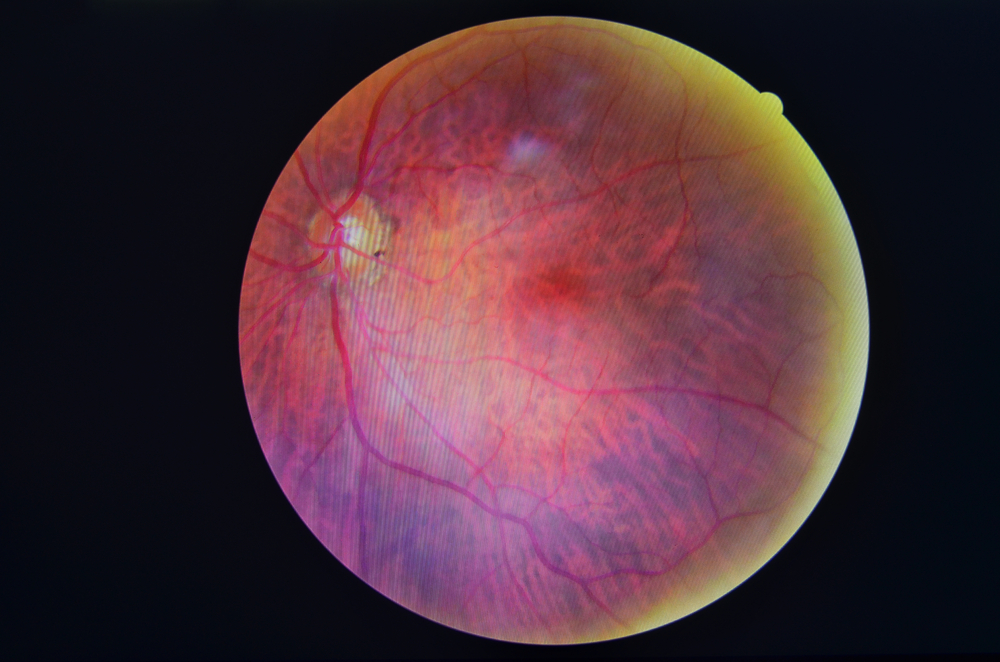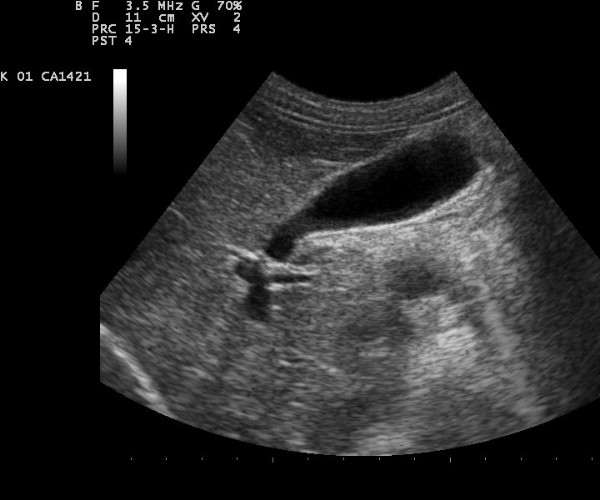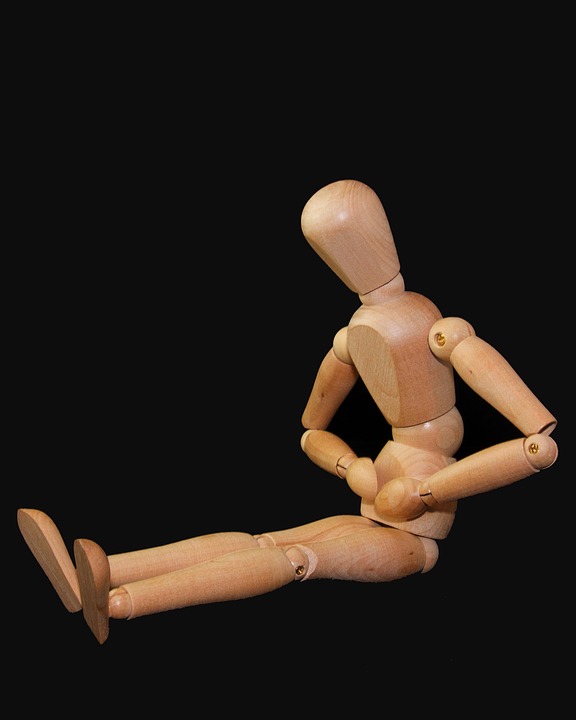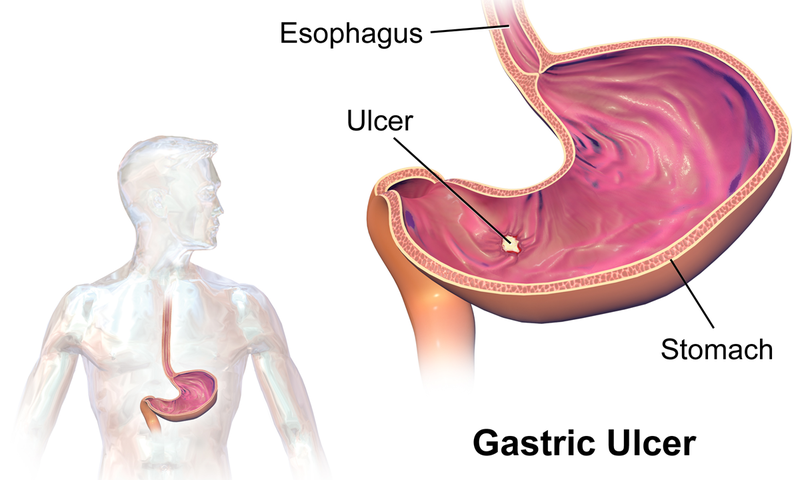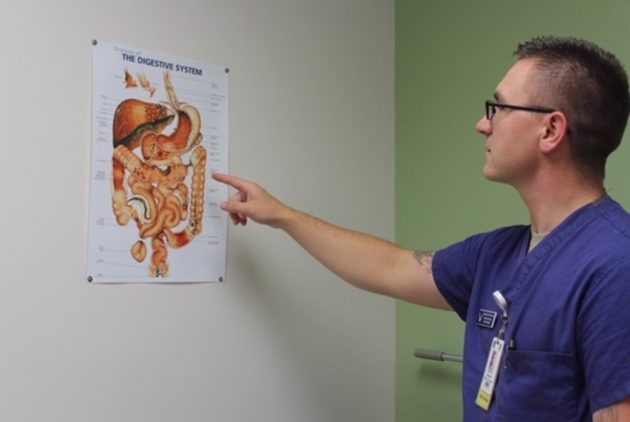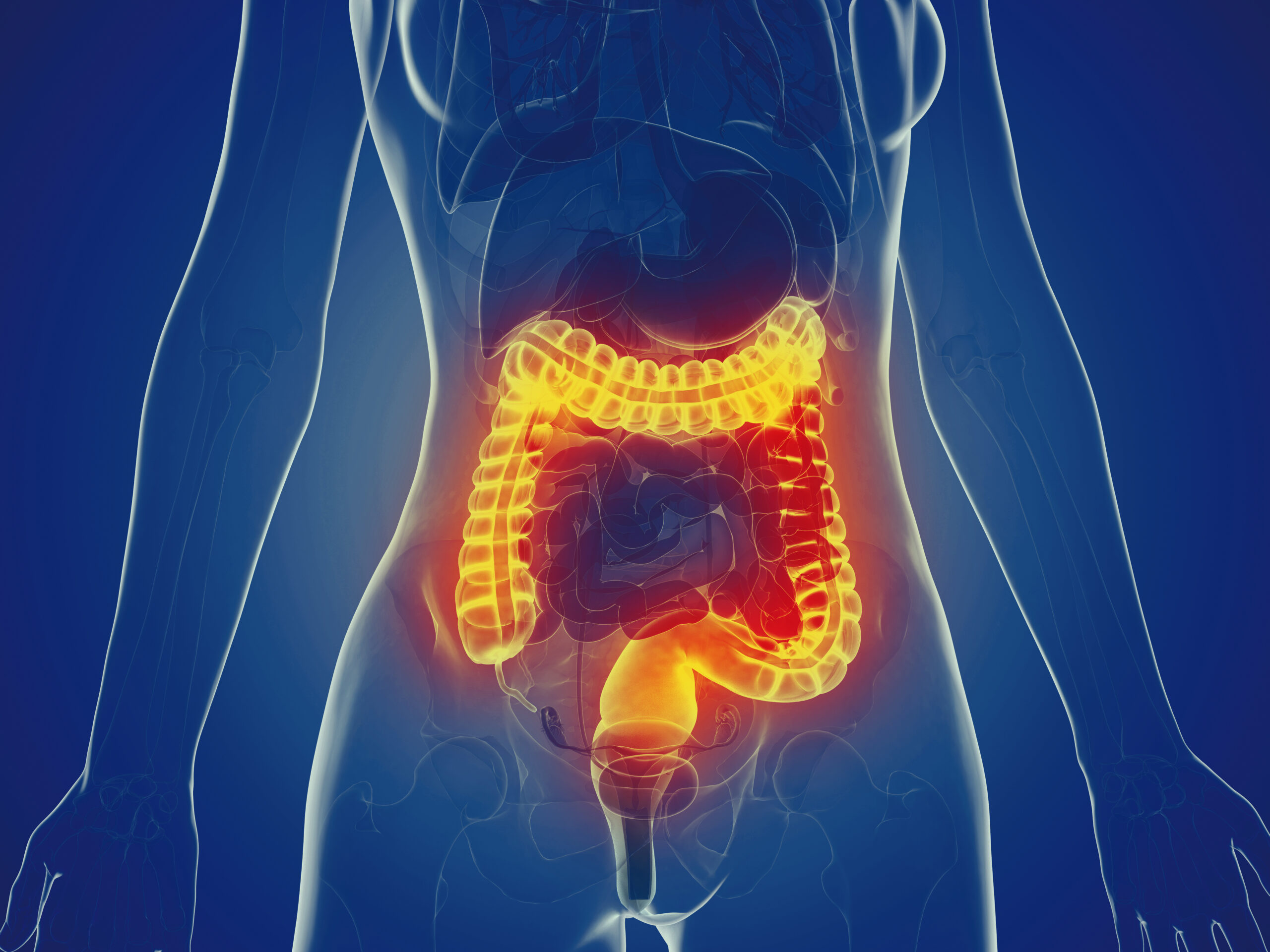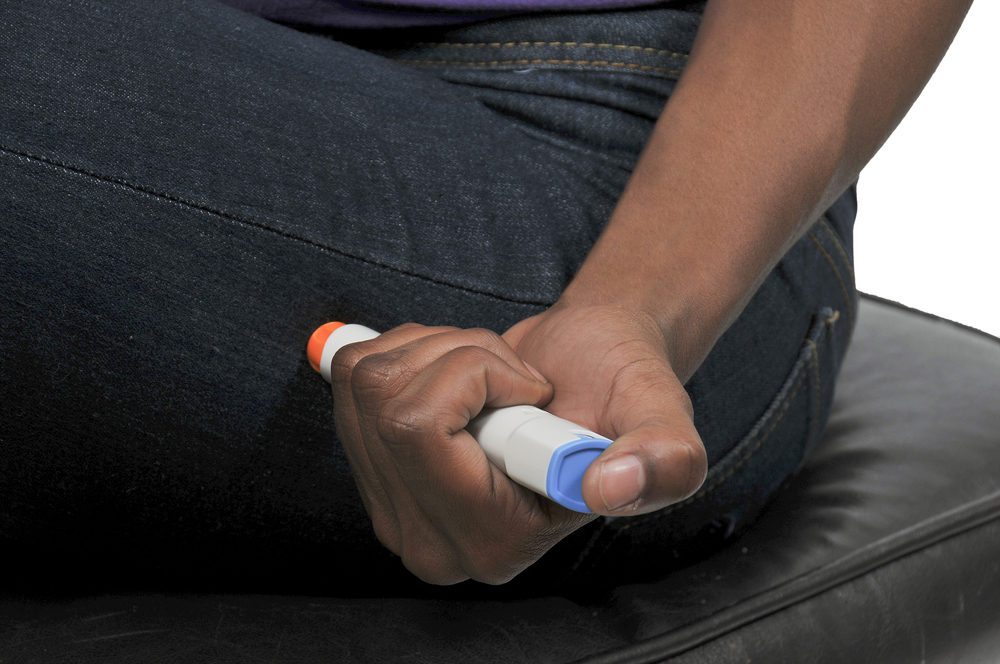Cognitive behavioral therapy is the latest recommended treatment in the fight against irritable bowel syndrome: according to a study published in the medical journal Gut, it is more effective in relieving patients’ discomfort than current standard therapy.
Irritable bowel syndrome affects about 10 percent of the population and is responsible for persistent symptoms such as stomach pain or cramping, abdominal bloating, constipation, or diarrhea; other frequent signs are also flatulence, fatigue, nausea, and incontinence. In its most severe form, the condition can have a major impact on the daily routine and quality of life of the sufferer, however, it is a so-called “functional disorder,” a way of saying that no one really knows the cause, in fact it is not associated with pathological changes that can be detected today with specific tests: the diagnosis is made on the basis of symptoms.
Current treatment approaches include medications and lifestyle and dietary advice, but psychological therapy could be an alternative method of managing the symptoms of irritable bowel syndrome.
The study involved 558 patients who had longstanding symptoms and had tried other treatments for at least one year: while some continued to receive the traditional treatments, others were offered eight sessions of cognitive behavioral therapy specifically designed for the treatment of irritable bowel syndrome. Twelve months later, it was the second group that reported the most significant improvements in symptoms: based on a measurement system on a scale from 0 to 500 (Irritable bowel syndrome severity scoring system – IBS-SSS), their symptoms were 61 points lower. Surprisingly, cognitive behavioral therapy proved effective even when it was not delivered through face-to-face interviews with the therapist: “the fact that both phone and Web-based therapy sessions have been shown to be effective is a really important and exciting finding, – said Hazel Everitt, associate professor of general medicine at the University of Southampton, England, and first author of the study – patients can follow these treatments at home, at the most convenient times.”.
Everitt HA, Landau S et al. Assessing telephone-delivered cognitive-behavioural therapy (CBT) and web-delivered CBT versus treatment as usual in irritable bowel syndrome (ACTIB): a multicentre randomized trial. Gut. 2019 Apr 10. pii: gutjnl-2018-317805.









